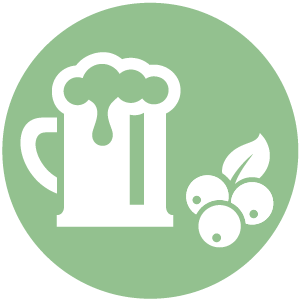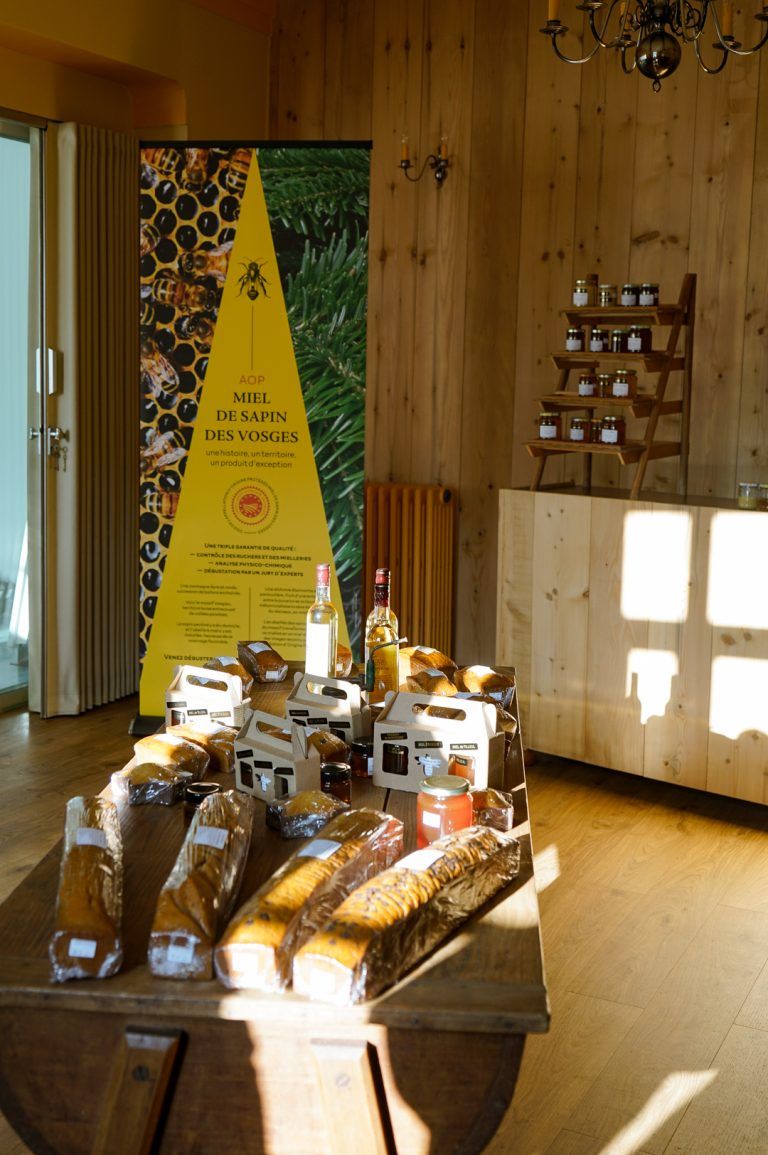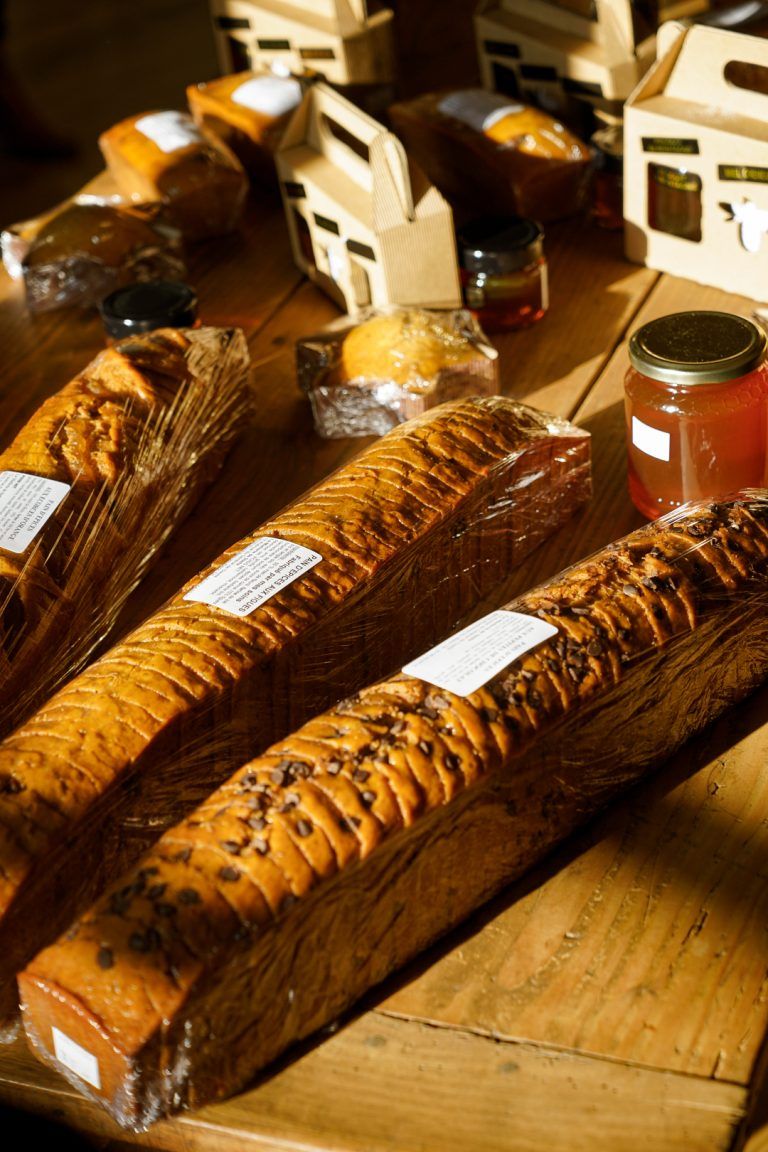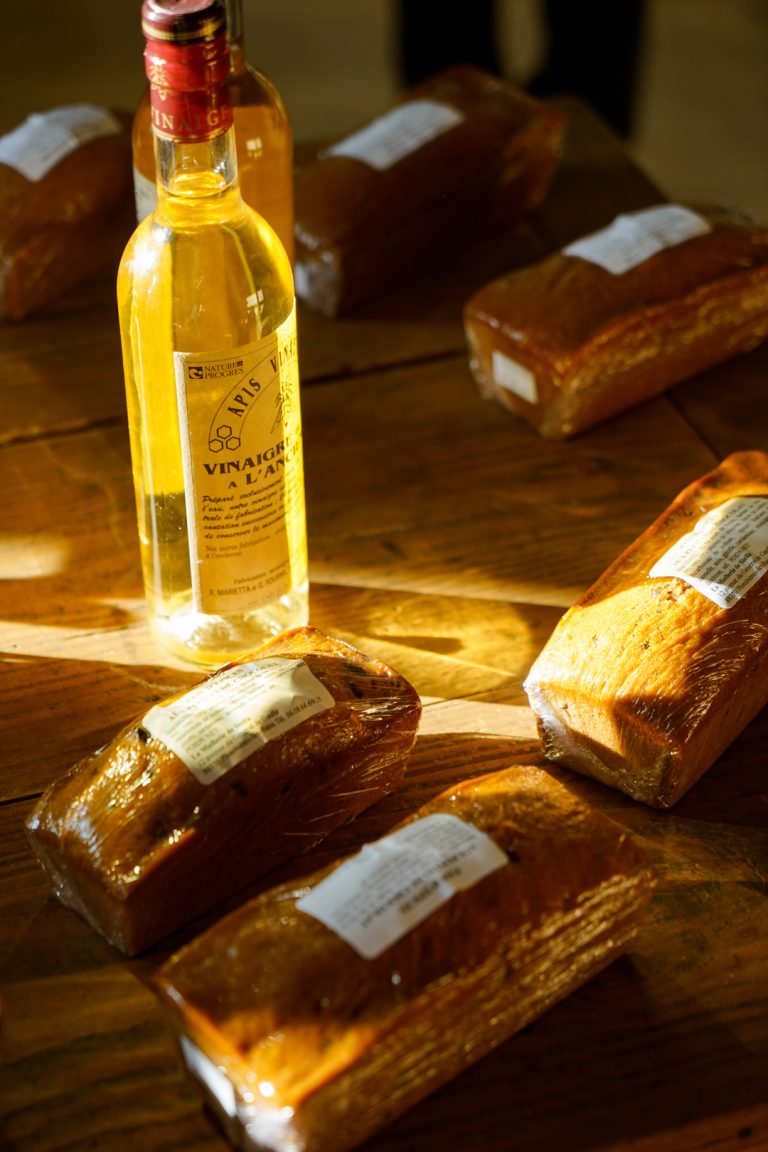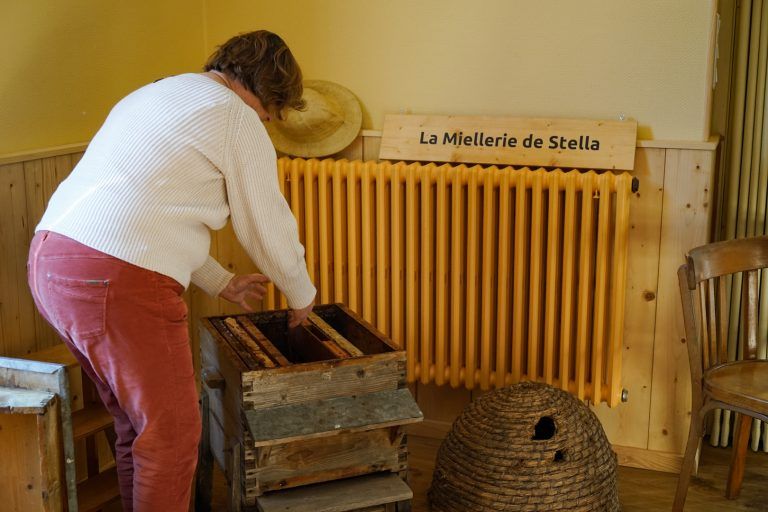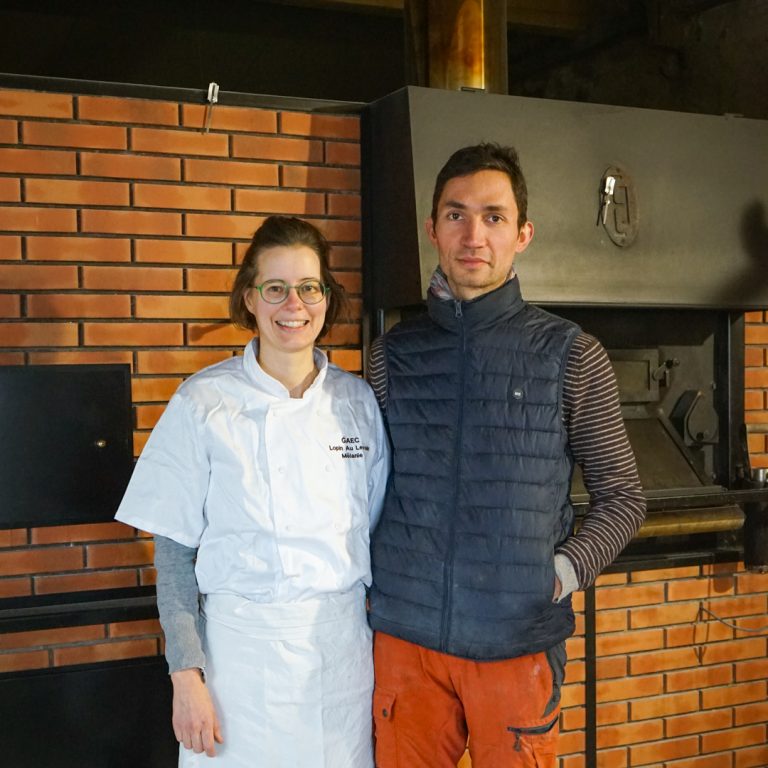Tourism Remiremont Plombières-les-Bains in the Vosges, Lorraine, France
5 things to know about honey – Visit the Stella honey farm in Plombières
Home - Our inspiration - 5 things to know about honey – Visit the Stella honey farm in Plombières
December 29, 2022
On toast, with a teaspoon, to sweeten an infusion, in the kitchen… Honey can be tasted in 1001 ways! But do you really know this delicate nectar? Thanks to Stella and the visit of her honey house in Plombières-les-Bains, we have gathered for you 5 things to know about honey.
1 – The beekeeper takes only part of the honey produced by the bees
In his honey house, Stella exhibits a beehive she assembles and disassembles to explain the work of the bees and the beekeeper. We thus discover that the hive has several floors, called supers, each accommodating a certain number of frames:
- The first is still in place. It is here that the bees build the cells which will store the honey, the pollen and allow the brood, in other words the eggs and the larvae, to develop.
- The second is positioned above, with a queen excluder to separate these 2 supers. Thus, the queen will never be able to access senior staff to lay her eggs there. Only honey and pollen will be stored there.
These are the frames of this upper super that the beekeeper uses for his harvest. The colony therefore never lacks honey for its own development.
2 – Propolis, an amazing substance both for bees and for us!
Propolis is created from resin harvested from trees. It is used by bees to seal the hive, or to mummify foreign bodies that have entered to attack the colony! It thus contributes to the good health of the bees by acting as an antiseptic.
Stella collects part of the propolis produced on grids. Once purified, it becomes for us a powerful anti-microbial !
3 – Fir honey, a honeydew honey
Many honeys are produced from the nectar of flowers. For fir honey, it's a little different!
In coniferous forests, the green lachnid, a small aphid, sucks tree sap and then releases it in the form of sugary secretions: honeydew. This substance is taken up by the bees which store it in their crop. Under the action of enzymes, the honeydew is gradually transformed into honey. When its humidity level falls below 18%, it is deposited in the cells.
4 – Each honey has its benefit for the body
At Stella, a large number of honeys are produced and can be tasted on site. The opportunity to learn a little more about the benefits of each!
- spring honey : very creamy, it has a purifying action on the body
- Acacia honey : it contributes to intestinal comfort
- Linden honey : it has soothing properties for the mind
- flower honey : it is particularly appreciated in the kitchen
- wildflower honey : produced from the nectar of brambles, it is very good for the throat
- Honeydew honeys (fir, forest) : these dark-colored honeys are very famous for soothing the throat and bronchial tubes
5 – Tips for storing honey
Honey is said to be imperishable. During its production, the bees apply a kind of ventilation to reduce humidity. However, it is precisely humidity that promotes the proliferation of bacteria on other foodstuffs.
While honey can be stored for a very long time, Stella still recommends consume it within 4 years. This avoids the degradation of sugars over time. And for conservation in optimal conditions, it is 10 to 14 degrees maximum !
If you also want to know more about the wonderful work of bees, do not hesitate to visit Stella's honey house during the summer or by making an appointment! In 2022, the Vosges Chamber of Agriculture, under the brand “I see life in Vosges Terroir”, rewarded its PDO fir honey (gold medal) and its natural gingerbread (approved).
Find out more
Stella's honey house
- +06 08 64 69 35 XNUMX
Discover too!

Published on 12 April 2024
The return of spring and hiking in Val-d'Ajol!


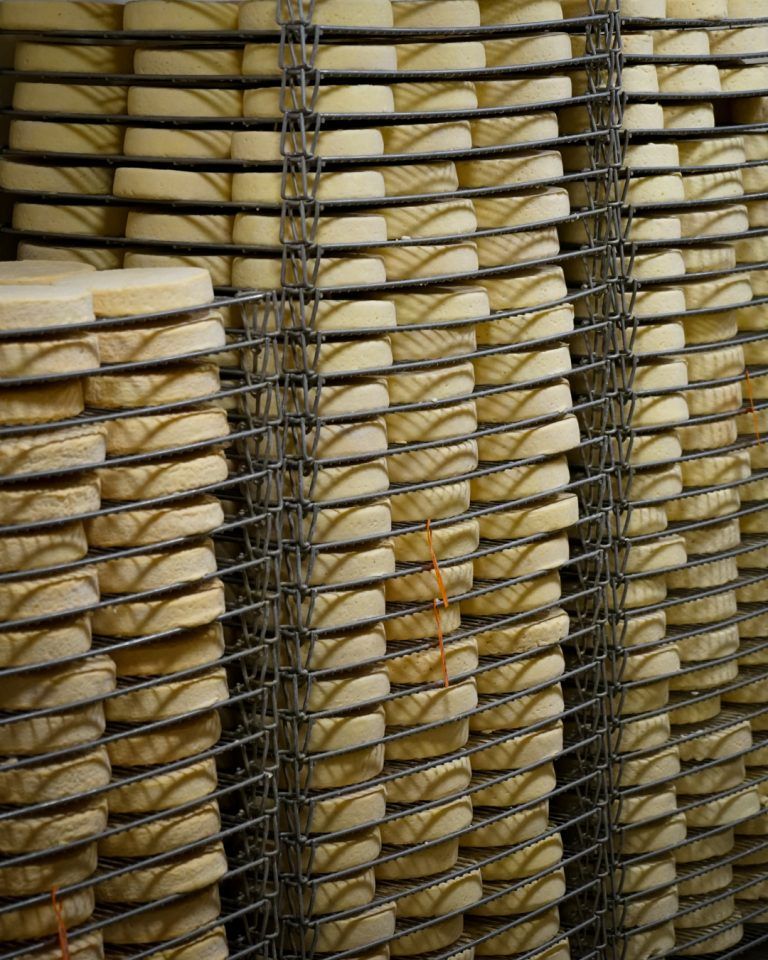
Published on 27 March 2024
Interview – Munster, a family affair for the Louis!
